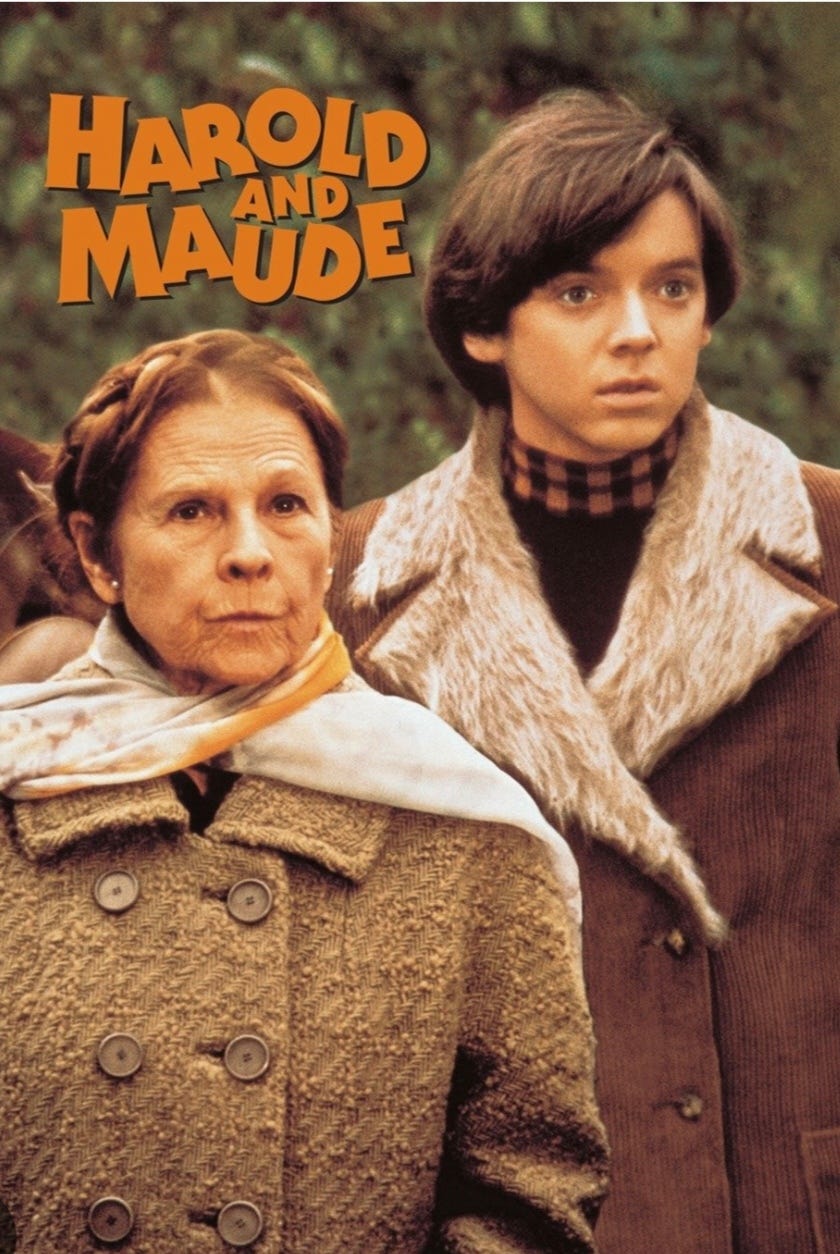The 1971 film "Harold and Maude" tells the unconventional story of a death-obsessed young man named Harold who finds an unlikely connection with an octogenarian free spirit named Maude. While the film's themes of embracing life and defying societal norms are captivating, it's the soundtrack that truly elevates the film to an iconic level.
Composed entirely of songs by the then-unknown Cat Stevens (later known as Yusuf Islam), the "Harold and Maude" soundtrack is a mesmerizing blend of folk, rock, and introspective lyricism. Cat Stevens's voice perfectly captures the film's unique blend of dark humor and poignant yearning.
The soundtrack features nine original songs, each playing a crucial role in underlining the characters' emotions and the film's themes.
"On the Road to Find Out" sets the tone with its wistful melody, reflecting Harold's search for meaning in life.
"Tea for the Tillerman", the film's most recognizable song, encapsulates the film's central message - to embrace life and find joy in the simple things.
"Where Do the Children Play?"takes a more somber turn, questioning the state of the world and the destructive nature of war.
"If You Want to Sing Out, Sing Out" is a defiant anthem, urging the listener to break free from societal pressures and live authentically, perfectly mirroring Maude's spirit.
While Cat Stevens's contribution is undoubtedly the heart of the soundtrack, the film also includes a few well-placed classical pieces and traditional songs, adding depth and contrasting moods. Tchaikovsky's "Piano Concerto No. 1 plays during a scene of Harold's simulated suicide attempts, adding a touch of dramatic irony. The waltz "The Blue Danube" accompanies a tender moment between Harold and Maude, highlighting their unconventional yet heartwarming connection.
The "Harold and Maude" soundtrack transcended the film itself, becoming a cultural phenomenon. The songs continue to resonate with listeners decades after the film's release, their messages of self-discovery, embracing life, and challenging societal norms remaining relevant and timeless.
The soundtrack's enduring appeal lies in its ability to capture the film's unique spirit and connect with listeners on a deeply personal level. It's a testament to the power of music to tell stories, evoke emotions, and leave a lasting impression.





Hi Michael, Thanks for taking the time to reply. I adore the film and the soundtrack. It's unique, different, fun.....a total classic! Such fantastic characters and Maude, what a free spirit!
My all-time favorite film! I first saw it in my teens and immediately fell in love with the story and, of course, the soundtrack. Since then, I have probably seen the movie 100+ times (honestly!) on both the big screen (it gets an annual screening at any of the numerous indie cinemas in Portland, OR) and on video/DVD. I have also hosted film clubs, and H&M has been featured regularly. More often than not, I have people leave saying they were deeply affected by it and how much they loved it. The symbolism throughout, the quirkiness, the subtle humor, and the songs make it damn near perfect.
The soundtrack itself was never officially released as such. Several years before the recent Record Store Day release, a limited run of pressings was released from a Japanese label, which I think the RSD release essentially used (originals of the Japanese pressing now sell for hundreds).